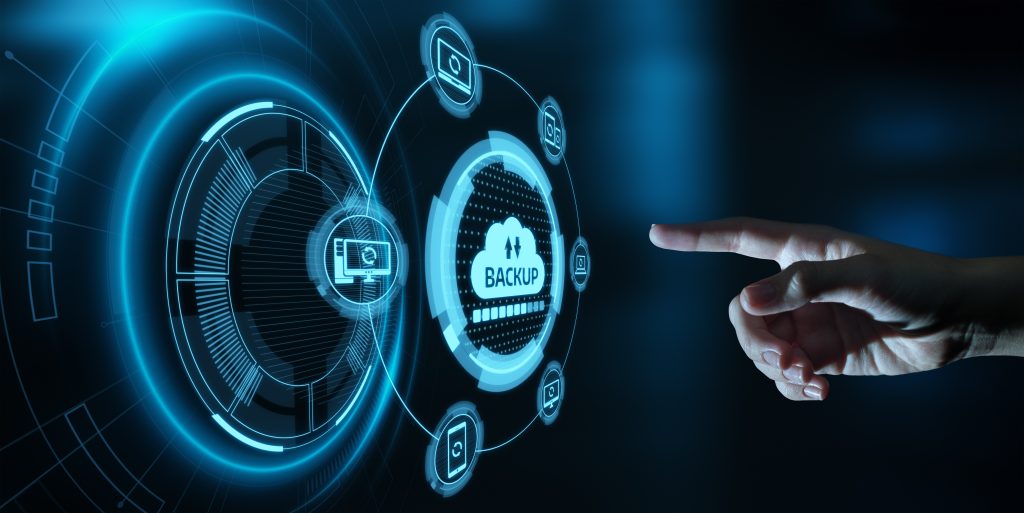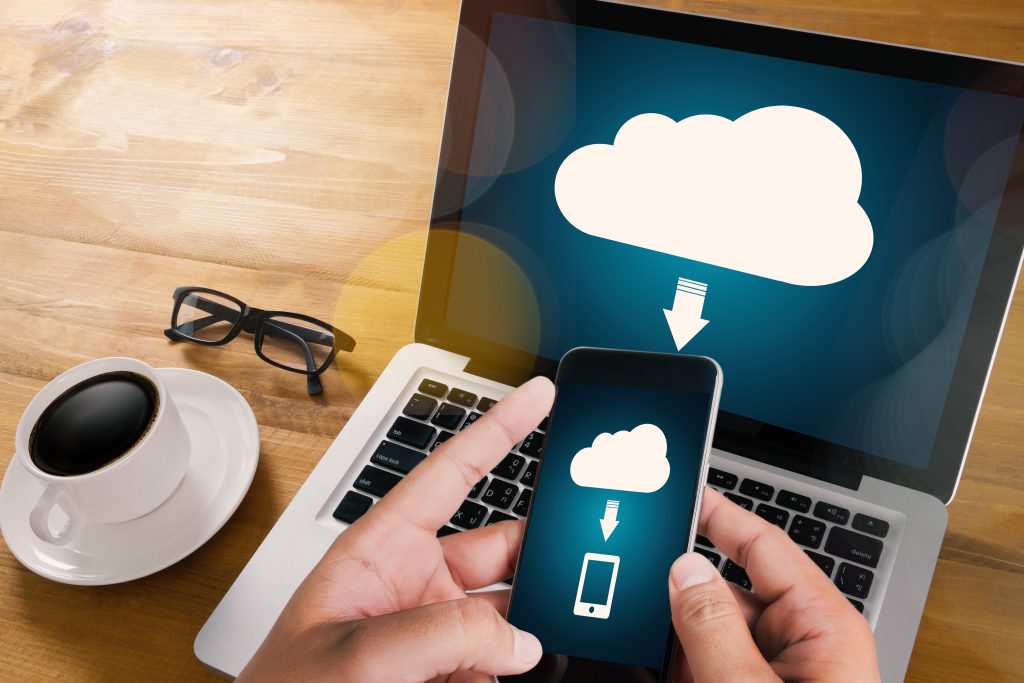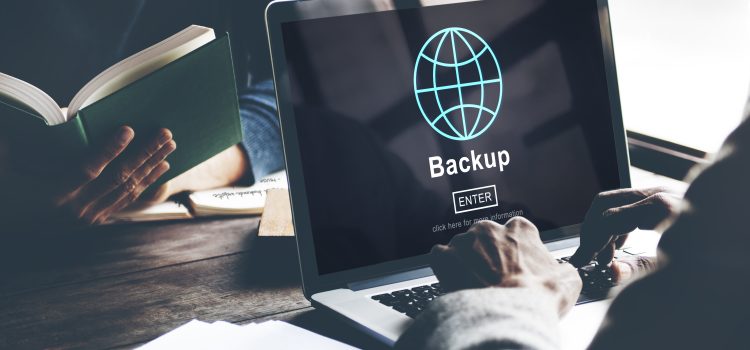

As the world becomes increasingly digital, it’s important to protect your data. Accidental loss of data can cause major damage, both financially and emotionally. That’s why it’s so critical to backup your data regularly and ensure that you have a plan in place if something goes wrong. In this blog post, we will explore the importance of backing up your data and how you can easily do so. We will also discuss how to make sure your backups are secure, as well as how to protect your data from accidental loss. By following the tips outlined here, you can rest assured that your valuable information is safe and secure.
Why You Should Backup Your Data
There are many reasons why you should backup your data, but the most important one is to protect your data from accidental loss. If you don’t have a backup of your data, then you could lose everything if your computer crashes or if you accidentally delete something.
Backing up your data is also important if you ever need to format your hard drive or reinstall your operating system. If you don’t have a backup, then you’ll lose all of your files and settings. Even if you’re careful, it’s always possible to make a mistake that could cause you to lose your data.
Making regular backups is the best way to protect yourself from data loss. You should always keep at least two backups of your data: one on an external hard drive or USB flash drive, and one on a cloud storage service like Dropbox or Google Drive. That way, even if something happens to your primary backup, you’ll still have a copy of your data stored safely off-site.
How to Backup Your Data
There are a few different ways that you can backup your data, depending on what type of data you have and how much of it you have. One way to backup your data is to use an online service, such as Google Drive or Dropbox. These services allow you to store your data in the cloud, which means that it will be accessible from anywhere with an internet connection. Another way to backup your data is to use an external hard drive. This is a good option if you have a lot of data or if you want to be able to access your backups offline. Finally, you can also use a USB flash drive to backup your data. This is a good option if you only have a small amount of data or if you need a portable backup option.
What Types of Data to Backup
There are three main types of data that you should backup:
- Personal files – This includes things like your photos, music, documents, and any other files that are important to you.
- Application data – This includes data from any applications that you use, such as your email client, web browser, and so on.
- System data – This includes system files and settings for your operating system, as well as any customizations or configurations that you’ve made.
Backing up all three of these types of data will ensure that you have a complete copy of your data in case something goes wrong.
How Often to Backup Your Data
You should backup your data regularly to protect it from accidental loss. How often you need to backup depends on how often you create or change files, and how much data you can afford to lose if something goes wrong.
If you only create or change a few files each week, backing up once a week is probably sufficient. If you make lots of changes, or can’t afford to lose any data, then you should consider backing up more often – perhaps every day or even multiple times per day.
There are many different ways to backup your data, including using an external hard drive, cloud storage, or a physical backup (like tape). Which method you choose will depend on your needs and preferences.
No matter how often you backup, the most important thing is that you do it regularly and consistently. This way, if something does go wrong, you’ll be able to quickly and easily restore your lost data.
Where to Store Your Backups
There are many different ways to store your backups, and the best option for you will depend on your specific needs. Here are some of the most popular options:
-External hard drive: This is a great option if you want to keep your backups separate from your computer. Make sure to get a drive that is large enough to hold all of your data.
-Cloud storage: This is a good option if you want to be able to access your backups from anywhere. There are many different providers, such as IPPBX cloud solutions that provide cloud services that keeps your data not only secure but just a few click away from whenever you need it.

-DVD or flash drive: This is a good option if you want a portable backup that you can take with you. Keep in mind that DVDs can be damaged, so it’s important to have multiple copies in case one gets lost or corrupted.
How to Protect Your Backups From Accidental Loss
There are a few simple steps you can take to help protect your backups from accidental loss. First, be sure to store your backup files in a safe place where they will not be accidentally deleted or overwritten. Second, create multiple copies of your backup files and store them in different locations. This will help ensure that you have at least one copy of your data should something happen to the others. Finally, encrypt your backup files to add an extra layer of protection.









